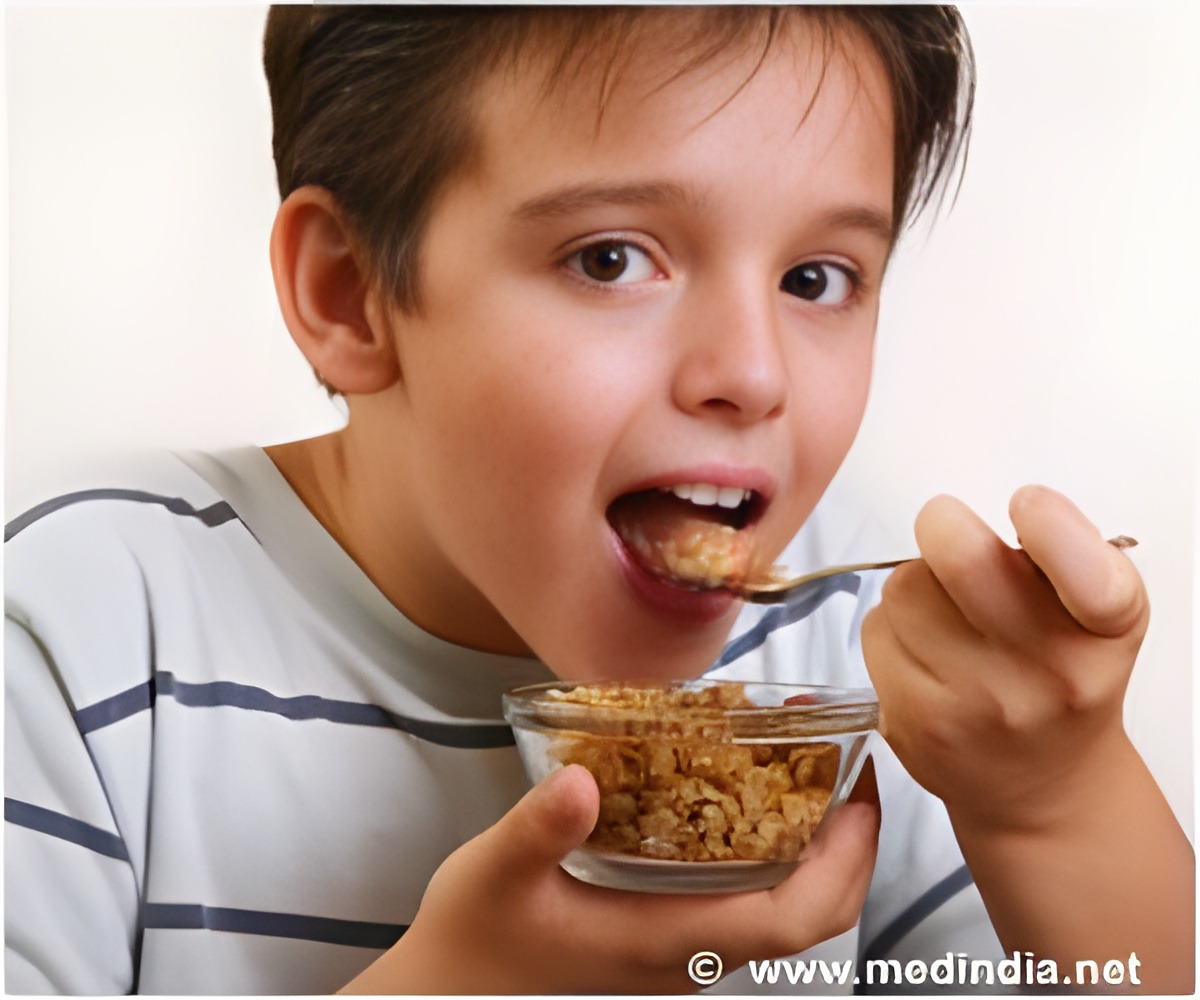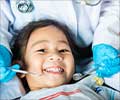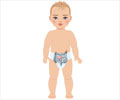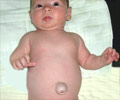After suddenly noticing changes in her body, ten-year-old Khyati Khanna (name changed) refused to go to school, decided to stay indoors and shunned her friends and family.

"When I asked her, she just told me that none of her friends have reached this stage, so why her. I had no answer," her mother said.
"It is very worrying. I as a mother find it difficult to talk to her," she added.
Experts said Khanna is not an exception. Increasingly children aged eight to 10 are attaining puberty early. Medical experts also said that this age group of children shows more aggression, anxiety and mood swings - characteristics indicative of puberty.
"Unfortunately, yes. The aggression, anxiety and mood swings which were earlier seen in teenagers are now being seen in children aged eight to ten," Adarsh Kohli, professor at the Postgraduate Institute of Medical Education and Research, (PGIMER), Chandigarh told IANS.
He agreed that the age of puberty is decreasing.
Advertisement
According to Manju Mehta, professor of clinical psychology, department of psychiatry, All India Institute of Medical Sciences (AIIMS), the decrease in the puberty age is cause for worry and parents need to be more understanding.
Advertisement
It is also essential for parents to get involved in their child's activities, Mehta added.
"Parents should invite other children to their house and organise different kinds of games to play. Not only their child's friends, but also their parents. The elders should learn and exchange notes on parenting," she told IANS.
Mehta said that in case of any behavioural changes, they should refer to notes or immediately seek help from a professional.
Sharing a case study of a seven-year-old girl who reached puberty, developed breasts and was ridiculed and mocked in her class, Mehta said parents need to be extremely supportive.
"When their child is going through this stage, which can at times lead to psychological problems, parents need to be understanding," she said.
"It is very important that parents be supportive and explain to their child that it is a natural process," said Mehta.
Samir Parikh, director, department of mental health and behavioural sciences, Fortis Healthcare, said the nature of exposure children have today is mainly to be blamed.
"This phenomenon of a decrease in a child's mental and physical puberty age is a cause for worry," said Parikh.
"The reason primarily is the early exposure in forms of media and society at large and a change in family dynamics where children have fewer cousins, less exposure to grandparents and the less time that parents have on their hands for their children. All of these factors make an impact," Parikh told IANS.
What has changed primarily is that "children talk and do things that two decades back they would have done at a much later age," Parikh said.
"From relationships to substance use, to consciousness of fashion and use of gadgets, these have all started happening much earlier," he added.
Source-IANS











